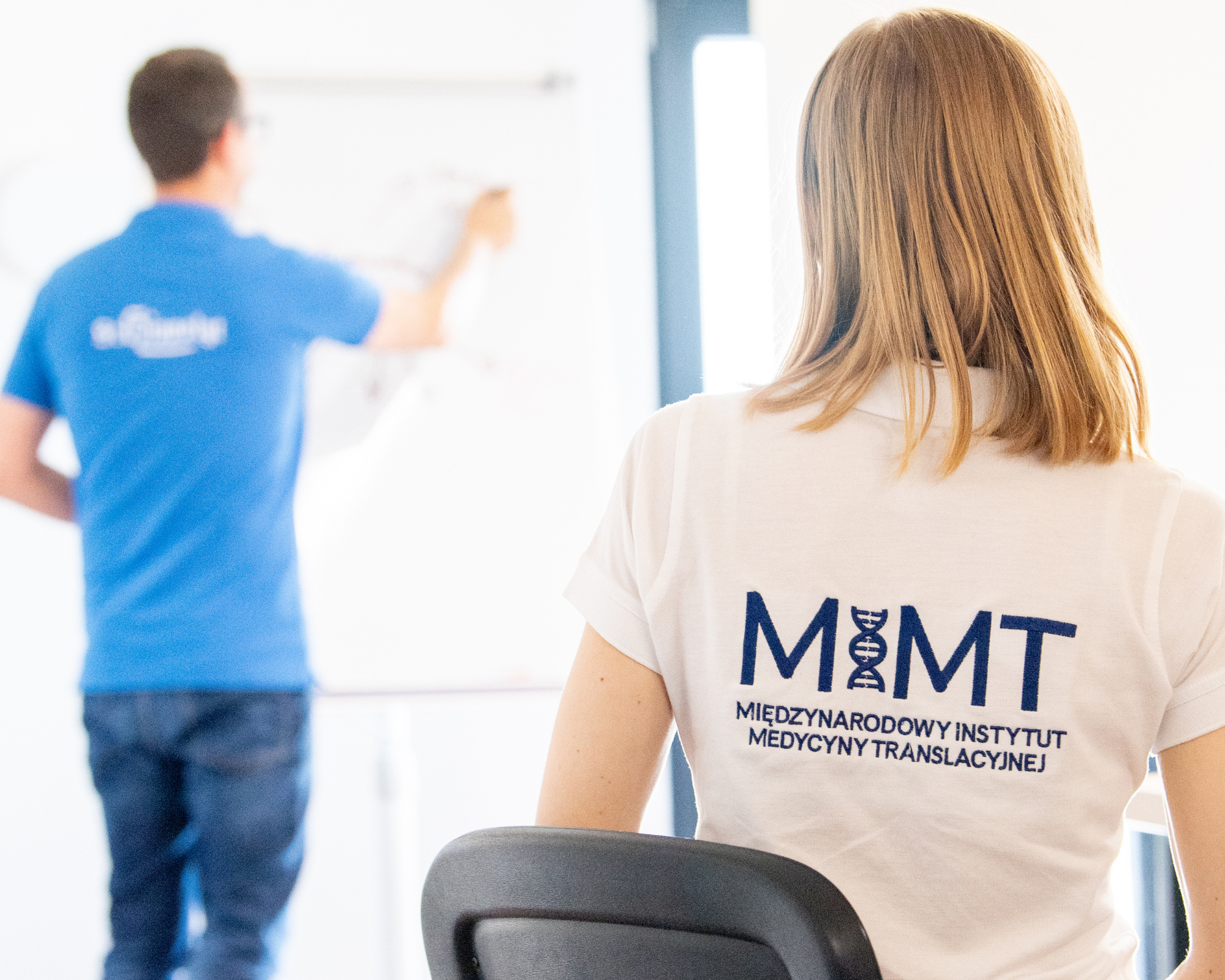Science. Technology. Knowledge transfer.

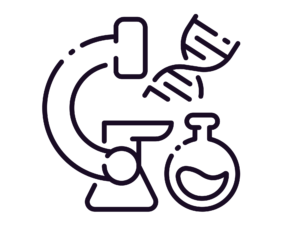

PARTNERSHIP
We are open to cooperation with clinicians as well as scientists and investors focused on regenerative medicine. As part of the Institute’s activities, it is possible to treat both large and small animals in stationary patients using the therapeutic strategies we offer. What distinguishes us is the high therapeutic standards and the quality guarantee of the therapies developed by us. Regenerative therapies developed by MIMT are available to patients only on the recommendation of the treating physician.
In order to establish cooperation, please contact us:
info@mimt.com.pl | +48 536 953 880


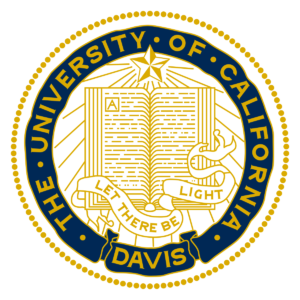
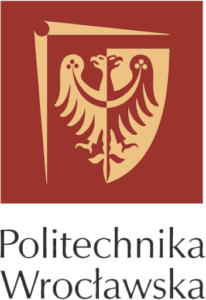
THEY TRUSTED US

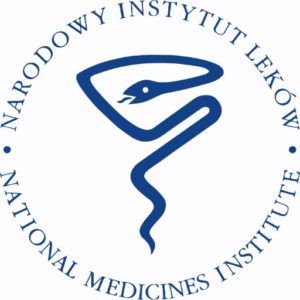
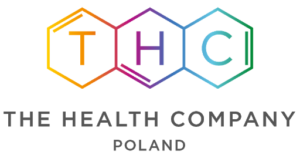

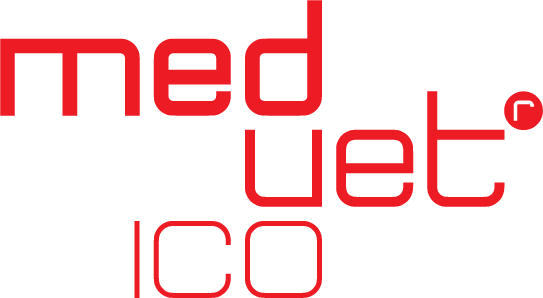

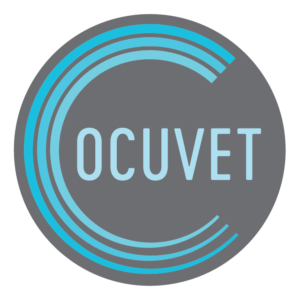
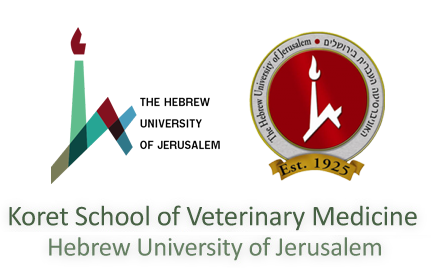

Research supported by several scientific publications

1) Al Naem M., Bourebaba L., Kucharczyk K., Röcken M., Marycz K. 2019. Therapeutic mesenchymal stromal stem cells: Isolation, characterization and role in equine regenerative medicine and metabolic disorders. Stem Cell Rep Rev. Doi: 10.1007/s12015-019-09932-0.
2) Marycz K., Kosarzewska-Szłapka J., Geburek F., Kornicka-Garbowska K. 2019. Systemic Administration of Rejuvenated Adipose-Derived Mesenchymal Stem Cells Improves Liver Metabolism in Equine Metabolic Syndrome (EMS)- New Approach in Veterinary Regenerative Medicine. Stem Cell Rev and Rep. Doi: 10.1007/s12015-019-09913-3
3) Alicka M., Kornicka-Garbowska K., Röcken M., Marycz K. 2019. Inhibition of the Low Molecular Weight Protein Tyrosine Phosphatase (LMPTP) as a Potential Therapeutic Strategy for Hepatic Progenitor Cells Lipotoxicity-Short Communication. Int. J. Mol. Sci. 20(23), 5873. Doi:10.3390/ijms20235873
4) Bourebaba L., Marycz K. 2019. Pathophysiological Implication of Fetuin-A Glycoprotein in the Development of Metabolic Disorders: A Concise Review. J. Clin. Med.8(12), 2033. Doi: 10.3390/jcm8122033
5) Alicka M., Major P., Wysocki M., Marycz K. 2019. Adipose-Derived Mesenchymal Stem Cells Isolated from Patients with Type 2 Diabetes Show Reduced “Stemness” through an Altered Secretome Profile, Impaired Anti-Oxidative Protection, and Mitochondrial Dynamics Deterioration. J. Clin. Med. 8, 765. Doi: 10.3390/jcm8060765.
6) Kornicka-Garbowska K., Geburek F., Röcken M., Marycz K. 2019. Stem Cells in Equine Veterinary Practice—Current Trends, Risks, and Perspectives. J. Clin. Med. 8, 675. Doi: 10.3390/jcm8050675.
7) Kornicka-Garbowska K., Al Naem M., Röcken M., Zmiertka M., Marycz K. 2019. Osteochondritis Dissecans (OCD)-Derived Chondrocytes Display Increased Senescence, Oxidative Stress, Chaperone-Mediated Autophagy and, in Co-Culture with Adipose-Derived Stem Cells (ASCs), Enhanced Expression of MMP-13. J. Clin. Med. 8(3), 328. Doi: 10.3390/jcm8030328
8) Watras A., Wujczyk M., Röcken M., Kucharczyk K., Marycz K., Wiglusz R.J. 2019. Investigation of Pyrophosphates KYP2O7Co-Doped with Lanthanide Ions Useful for Theranostics. Nanomaterials, 9(11), 1597. Doi:10.3390/nano9111597.
”More”
9) Bourebaba L., Bedjou F., Röcken M., Marycz K. 2019. Nortropane alkaloids as pharmacological chaperones in the rescue of equine adipose-derived mesenchymal stromal stem cells affected by metabolic syndrome through mitochondrial potentiation, endoplasmic reticulum stress mitigation and insulin resistance alleviation. Stem Cell Res Ther. 10, 178. Doi: 10.1186/s13287-019-1292-z.
10) Alicka M., Kornicka-Garbowska K., Kucharczyk K., Röcken M., Marycz K., 2019. Inhibition of the Low Molecular Weight Protein Tyrosine Phosphatase (LMPTP) as a Potential Therapeutic Strategy for Hepatic Progenitor Cells Lipotoxicity—Short Communication. Int. J. Mol. Sci. Doi: 10.3390/ijms20235873
11) Alicka M., Kornicka-Garbowska K., Kucharczyk K., Röcken M., Marycz K., 2020. Age-dependent impairment of adipose-derived stem cells isolated from horses. Stem Cell Res Ther. 11, Doi: 10.1186/s13287-019-1512-6
12) Bourebaba L., Kornicka-Garbowska K, Al Naem M., Röcken M., Łyczko J. & Marycz K. 2021. MSI-1436 improves EMS adipose derived progenitor stem cells in the course of adipogenic differentiation through modulation of ER stress, apoptosis, and oxidative stress. Stem Cell Res Ther. 12, Doi: 10.1186/s13287-020-02102-x
13) Golonka P., Kornicka-Garbowska K. & Marycz K. 2020. SIRT1+ Adipose Derived Mesenchymal Stromal Stem Cells (ASCs) Suspended in Alginate Hydrogel for the Treatment of Subchondral Bone Cyst in Medial Femoral Condyle in the Horse. Clinical Report. Stem Cell Res Ther. 16, pages1328–1334, Doi: 10.1007/s12015-020-10025-6
14) Kowalczuk A., Bourebaba N., Kornicka-Garbowska K., Turlej E., Marycz K. & Bourebaba L., 2021. Hyoscyamus albus nortropane alkaloids reduce hyperglycemia and hyperinsulinemia induced in HepG2 cells through the regulation of SIRT1/NF-kB/JNK pathway, Cell Communication and Signaling, 19, Doi: 10.1186/s12964-021-00735-w
15) Zhao X., Liu Y.,Jia P., Cheng H., Wang Ch., Chen S., Huang H., Zhibo Han, Marycz K. 2021. Chitosan hydrogel-loaded MSC-derived extracellular vesicles promote skin rejuvenation by ameliorating the senescence of dermal fibroblasts, Stem Cell Res Ther., 12, Doi: 10.1186/s13287-021-02262-4
16) Sikora M., Śmieszek A., Marycz K., 2021. Bone marrow stromal cells (BMSCs CD45-/CD44+/CD73+/CD90+) isolated from osteoporotic mice SAM/P6 as a novel model for osteoporosis investigation, Doi: 10.1111/jcmm.16667
17) Marycz K., Pielok A., Kornicka-Garbowska K., 2021. Equine Hoof Stem Progenitor Cells (HPC) CD29 + /Nestin + /K15 + – a Novel Dermal/epidermal Stem Cell Population With a Potential Critical Role for Laminitis Treatment, Stem Cell Res Ther., Doi: 10.1007/s12015-021-10187-x
18) Kornicka-Garbowska K., Galuppo L., Marycz K., 2021, At the Dawn of Polytherapy for Laminitis Treatment-Novel Approach to an the Old Problems, Stem Cell Res Ther., Doi: 10.1007/s12015-021-10174-2
19) Kornicka-Garbowska K., Bourebaba L., Röcken M., Marycz K., 201. Sex Hormone Binding Globulin (SHBG) Mitigates ER Stress in Hepatocytes In Vitro and Ex Vivo, Cells, 10 (4), Doi: 10.3390/cells10040755
20) Marycz K., Śmieszek A., Marcinkowska K., Sikora M., Turlej E., Sobierajska P., Patej A., Bienko A., Wiglusz R., 2021, Nanohydroxyapatite (nHAp) Doped with Iron Oxide Nanoparticles (IO), miR-21 and miR-124 Under Magnetic Field Conditions Modulates Osteoblast Viability, Reduces Inflammation and Inhibits the Growth of Osteoclast – A Novel Concept for Osteoporosis Treatment: Part 1, Int J Nanomedicine., 16, 3429–3456, Doi: 10.2147/IJN.S303412
21) Marycz K., Sobierajska P., Wiglusz R., Idczak R., Jean-Marie Nedelec, Fal A., Kornicka-Garbowska K., 2020, Fe3O4 Magnetic Nanoparticles Under Static Magnetic Field Improve Osteogenesis via RUNX-2 and Inhibit Osteoclastogenesis by the Induction of Apoptosis, Int J Nanomedicine., 15, 10127—10148, Doi: 10.2147/IJN.S256542
”Less”
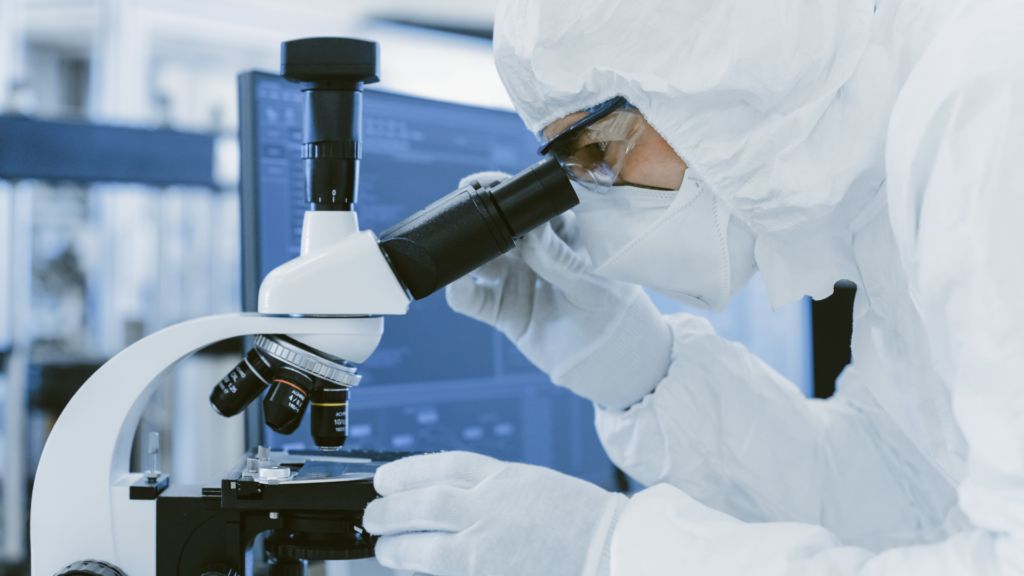
Ongoing Projects
Morris Animal Foundation (USA):
Our Institute acquired a funding from the prestigious Morris Animal Foundation (USA) which is a non-profit organization dedicated to advancing animal health and welfare. Currently, we are working on project related to Mitochondria in the diagnosis and treatment of canine glaucoma. Our team are looking for a novel biomarkers and developing a groundbreaking therapy for a blinding disease. The institute is carrying out a grant project with a renowned university from Israel, Koret University.
The National Center for Research and Development:
Due to the highly qualified scientific staff and innovative ideas, the institute successfully secures financing from NCBIR grants, the implementation of which contributes significantly to the development of RNA-related biotechnology. Moreover, The researches carried out at the institute have a high translational potential.
Innoglobo I
The Institute is implementing a project aimed at obtaining an innovative formula based on a carrier (polymeric/phospholipid or mixed) that will effectively protect miRNA molecules from the unfavorable stomach pH and allow delivery of miRNA molecules to the colon for stimulation of epithelial cells and gut microbiota. Confirmation of the clinical efficacy of the formulation will be achieved through alleviation of EMS symptoms at the systemic and molecular levels, including reduction in basal insulin and glucose levels, as well as decrease in pro-inflammatory protein levels and modulation of the insulin pathway.
Innoglobo II
We also acquired a funding in the second edition of Innoglobo. We are developing advanced technology for the industrial-scale production of a three-phase feed additive based on biofermented decaffeinated green coffee beans enriched with several active compounds and small non-coding RNA molecules, which will enhance the athletic performance of racehorses. The use of biofermented decaffeinated green coffee beans aims to obtain biomass with high antioxidant potential while the fermentation process will add products which stimulate the gut microbiota to activate AMP/ATP pathways and thus maintain the metabolic balance of muscle cells. The use of miRNA as an active factor at the post-transcriptional level for the first time will promote biogenesis and dynamics of mitochondria in muscle progenitor cells, leading to increased myogenesis and regeneration.
TRAINING
The International Institute of Translational Medicine offers a wide range of training courses dedicated to veterinarians, biologists, biotechnologists and students. We invite you to familiarize yourself with the upcoming trainings.
To receive the current training schedule, please contact:
info@mimt.com.pl | +48 536 953 880
